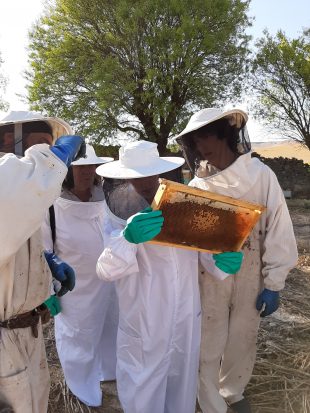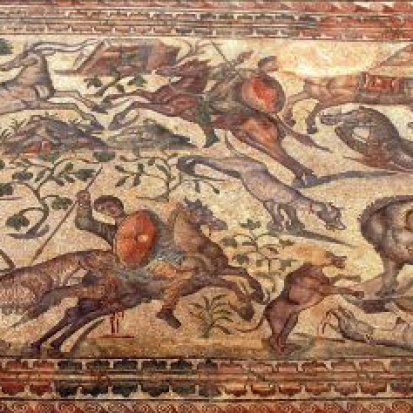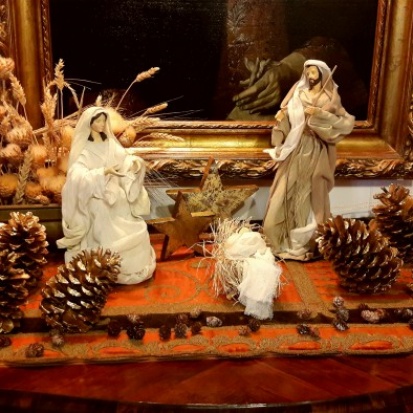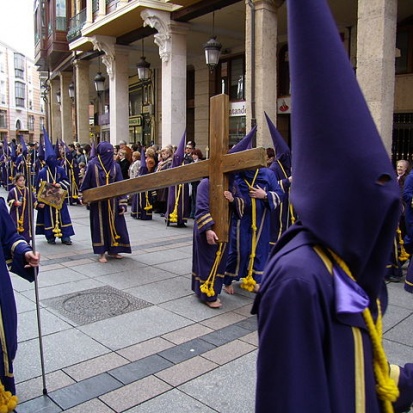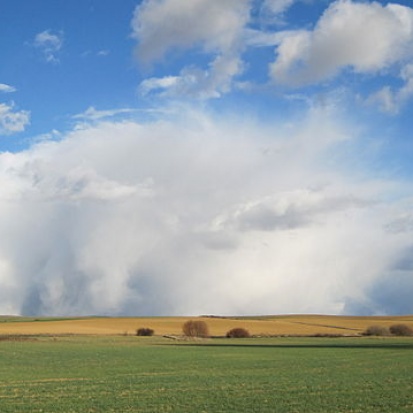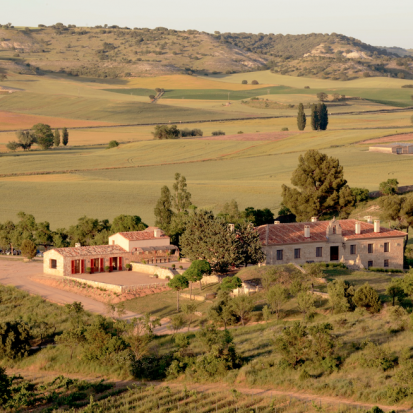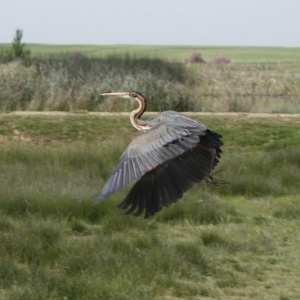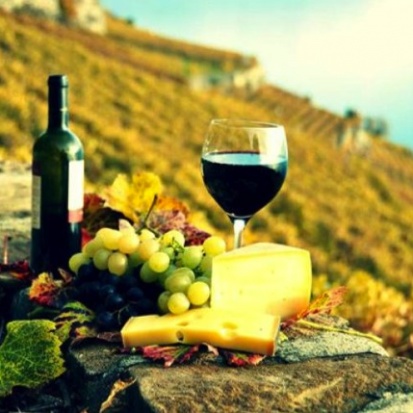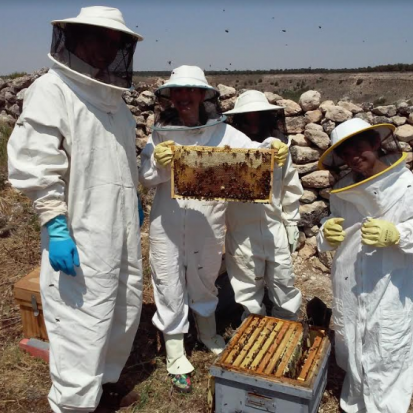Beekeeping is a unique experience, an millenary and essential activity for the preservation of the environment, a unknown activity for many, which surprises young and old alike when you get to know it up close. Beekeeping is much more than the production of honey. It consists of the breeding and care of bees with the aim of obtaining products such as honey, wax, pollen, propolis and royal jelly, as well as offering pollination services for agricultural crops.
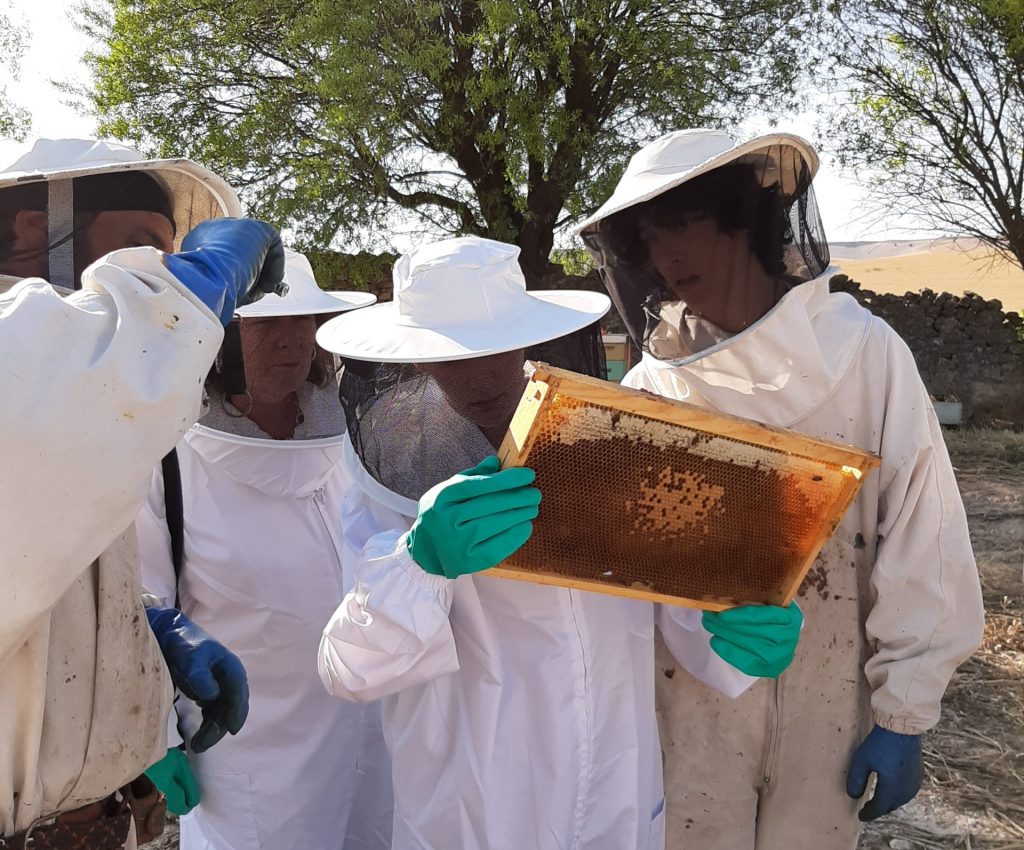
That is why at Finca El Cercado we bring you closer to this unique experience that conceals history, ecology and popular culture.
Bees, a cultural activity
Throughout history, beekeeping has been a source of economic and social benefits for rural communities and, in more recent times, it has acquired greater importance due to the growing concern for the conservation of the environment and biodiversity.
At Finca El Cercado we know the importance of bees in our past, present and future and that is why we offer you the chance to get closer to a fascinating world that is sure to win you over. Because beekeeping in Castilla y León is unique.
It is one of the most popular rural experiences for families and children, as it awakens their curiosity when they learn about the important role they play in the conservation of nature. Bees, their history, their significance, honey and gastronomy come together next to the beehives for you to learn and have fun.
A brief history
The history of beekeeping goes back thousands of years, with evidence of bee domestication in ancient Egypt and Mesopotamia. However, it was in medieval times that beekeeping reached its peak in Europe, with the development of techniques and tools for the extraction and handling of honey and other hive products.
Since then, beekeeping has undergone significant advances in knowledge and practice, allowing for a better understanding of bee biology and more effective colony management. Furthermore, beekeeping in Castilla y León has become an activity with many faces to transform into an economic, cultural and tourist activity. This is why you can enjoy an unforgettable rural experience.
How a hive works
After a walk through history, let’s take a look at how the hive works, that hierarchical place where each bee occupies a place in the chain of command. A hive consists of a queen, drones and worker bees. The queen is the only fertile female in the swarm and is responsible for reproduction, while the drones are the males, whose sole function is to impregnate the queen.
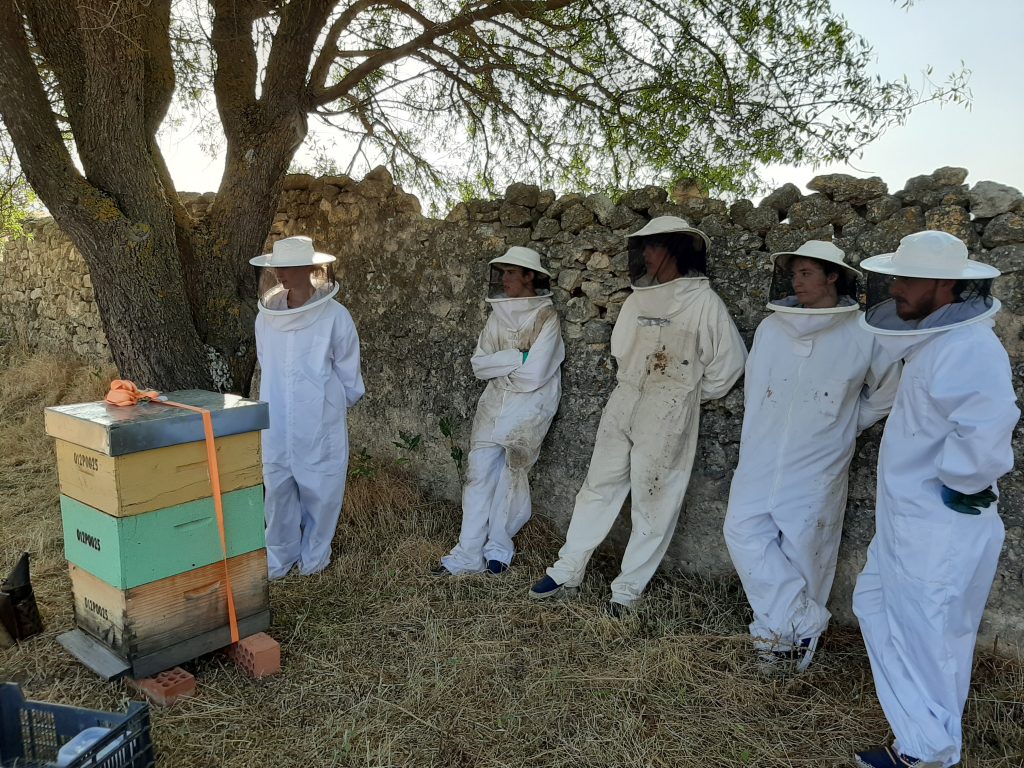
The worker bees are in charge of all the tasks necessary for the functioning of the hive, such as collecting nectar, pollen and water; producing honey and wax; and caring for the offspring. This complex social structure has fascinated beekeepers and scientists for centuries, and its study has provided valuable insights into animal behaviour and evolution, both of bees and other animals.
Throughout this experience you can learn and have fun with your family and enjoy one of Finca El Cercado’s favourite rural experiences.
Beekeeping
In recent years, bee health has been put at the centre of the modern beekeeping world, which has already incorporated sustainable and technological practices that help maximise the production of its products with the animals in mind. The process has been rapid, as in recent decades we have encountered what is known as colony collapse syndrome (CCD), a mysterious phenomenon that has led to the mass disappearance of bees in different regions of the world.
This syndrome has generated concern in the scientific community and among farmers, as the pollination of crops depends to a large extent on the work of bees.
Beekeeping in Castilla y León is working to achieve a union between the latest technologies and the safeguarding of bees and their hives.
Ecology
Pollination is a key ecological service provided by bees, and their role in the reproduction of many plant species is vital for the balance of the ecosystem and food production, as agricultural crops are highly dependent on pollination. However, due to various factors such as overuse of pesticides, loss of natural habitats and climate change, bee populations have declined significantly in many parts of the world.
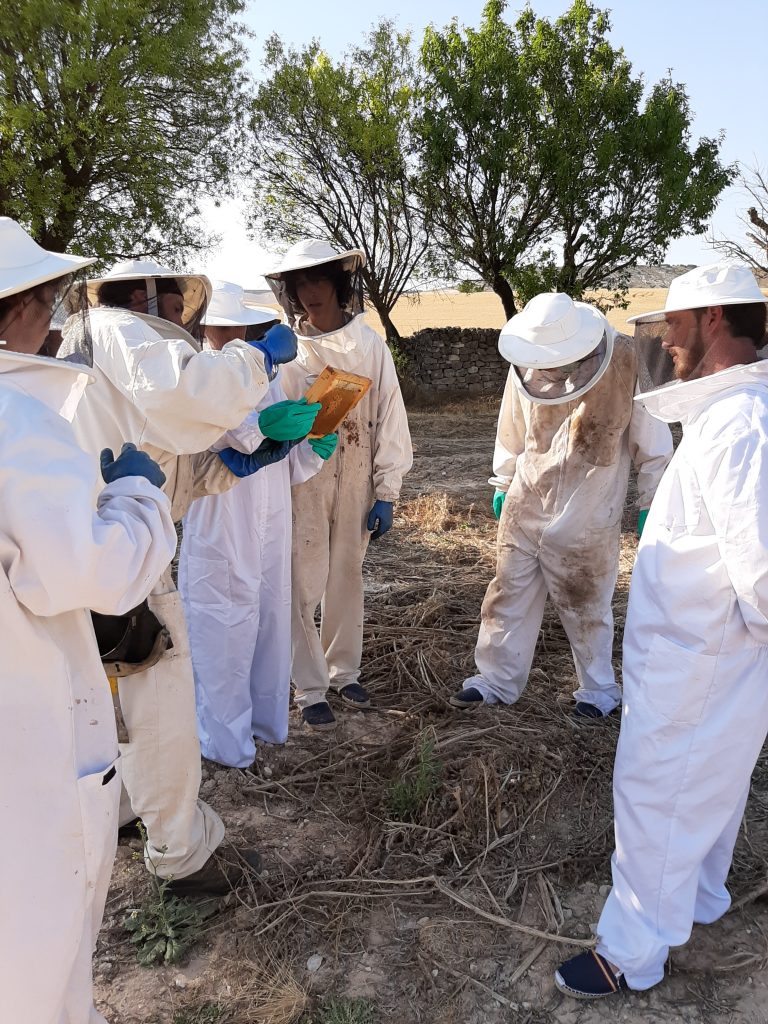
Honey
In addition to their importance in the pollination of plants, bees play a fundamental role in Spanish gastronomy. Honey is one of the main products obtained from beehives and is prized for its nutritional properties.
Honey is present in many of Spain’s traditional desserts, and its consumption is linked to major festivals and events. And beyond honey, there are other products such as wax and propolis that also accompany us during many stages of our lives.
Experience beekeeping in Finca El Cercado
We are convinced that, after reading all that beekeeping has to offer, you will want to live this unique experience that is sure to be enjoyed by the whole family. Because this is the perfect activity to enjoy with the children, so that they can learn, have fun and get close to nature first hand. In addition, at Finca El Cercado we have many more rural experiences for you to enjoy, such as: astro-tourism, falconry or wine tasting, among others.

